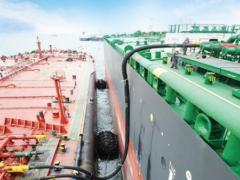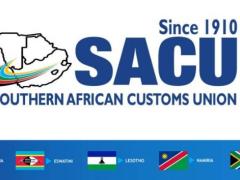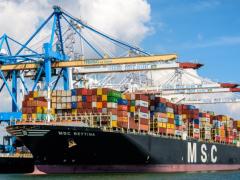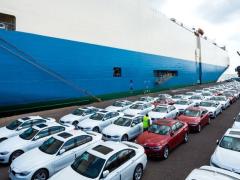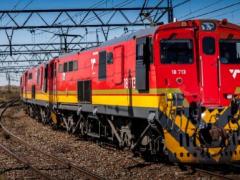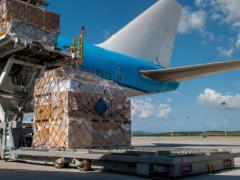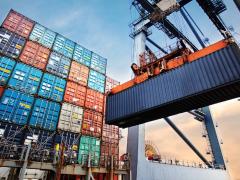In what has been an unpredictablestart to the year, the outlook for consolidators remains cautiously optimistic – buoyed by the growth of e-commerce and evolving business needs. However, external factors such as economic f luctuations and geopolitical tensions continue to cast a shadow over the sector’s trajectory.Freight News spoke to several consolidators about their outlook for the sector. Most agreed that consistency of service and responsible pricing would be key to creating greater stability – offering much-needed assurance to clients navigating an increasingly uncertain logistics landscape.According to international freight forwarding company World Transport Overseas (WTO), LCL continues to provide a cost-effective and f lexible solution for businesses of all sizes. WTO discussions with customers globally indicate that demand for faster, more reliable and cost-effective logistics solutions is increasing. Considering the ongoing challenges – including shipping schedule delays, port congestion and increasingly complex customs and regulatory processes, all of which lead to longer transit times – consolidators must concentrate on developing customer-centric strategies.This includes offering customisable shipping solutions, transparent pricing models and, increasingly, real-time visibility, all of which are becoming critical expectations in today’s logistics environment.At the same time, the need for digital transformation and smart shipping solutions will continue to grow as technology becomes the backbone of modern logistics.Renko Bergh, co-founder of CtrlFleet, highlights the operational and environmental benefits of freight consolidation, noting that it enables carriers to leverage technology for more direct routing, avoiding unnecessary detours or backtracking.“These optimisedroutes reduce distance travelled and fuel consumption,contributing to a lower environmental impact,” he explains. “It’s a win-win scenario – faster deliveries, reduced costs and a tangible boost to sustainabilityin the logistics sector.”Bergh said that logistics providers were increasingly turning to advanced route optimisation software to improve efficiency. “For example, a provider might use this technology to determine the most effective sequence of stops for a truck carrying consolidated shipments to multiple customers in a region. The software considers variables like delivery windows, traffic patterns and distance to reduce overall travel time and fuel usage.”The concept of sustainability, said Bergh, would remain a key focus for the foreseeable future, which means LCL service providers will need to adopt greener practices in light of growing regulatory requirements and customer expectations.“Artificial Intelligence and Machine Learning are increasingly being used to optimise route planning, freight consolidation and demand forecasting, enabling more efficient and responsive logistics operations,” said Bergh.He added that digital transformation allowed LCL providers to enhance customer experience, increase operational efficiency and build resilience against disruptions. It also reduced operational inefficiencies, ultimately driving down costs. LV
Customer-centric strategies are key
Comments | 0



